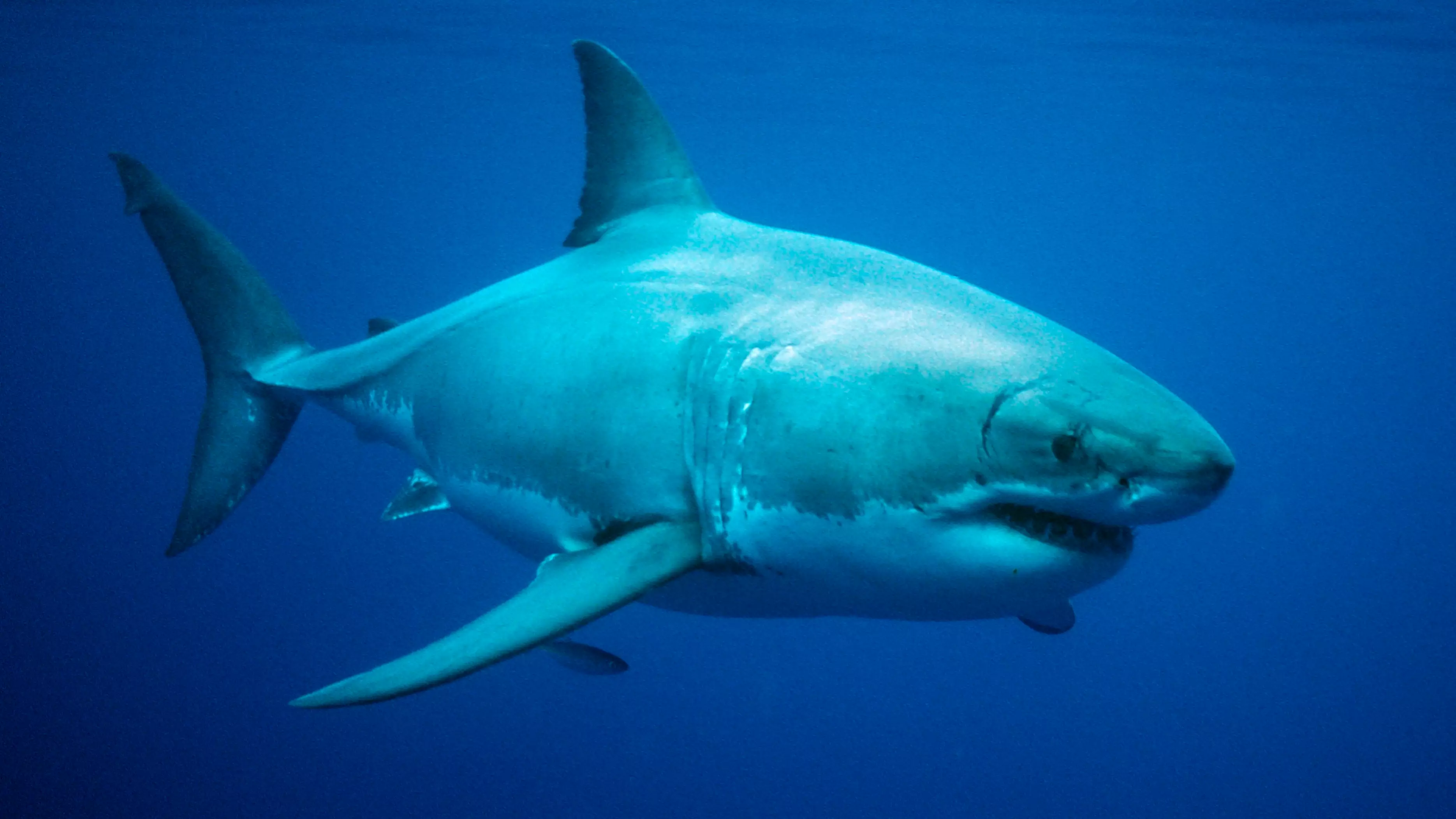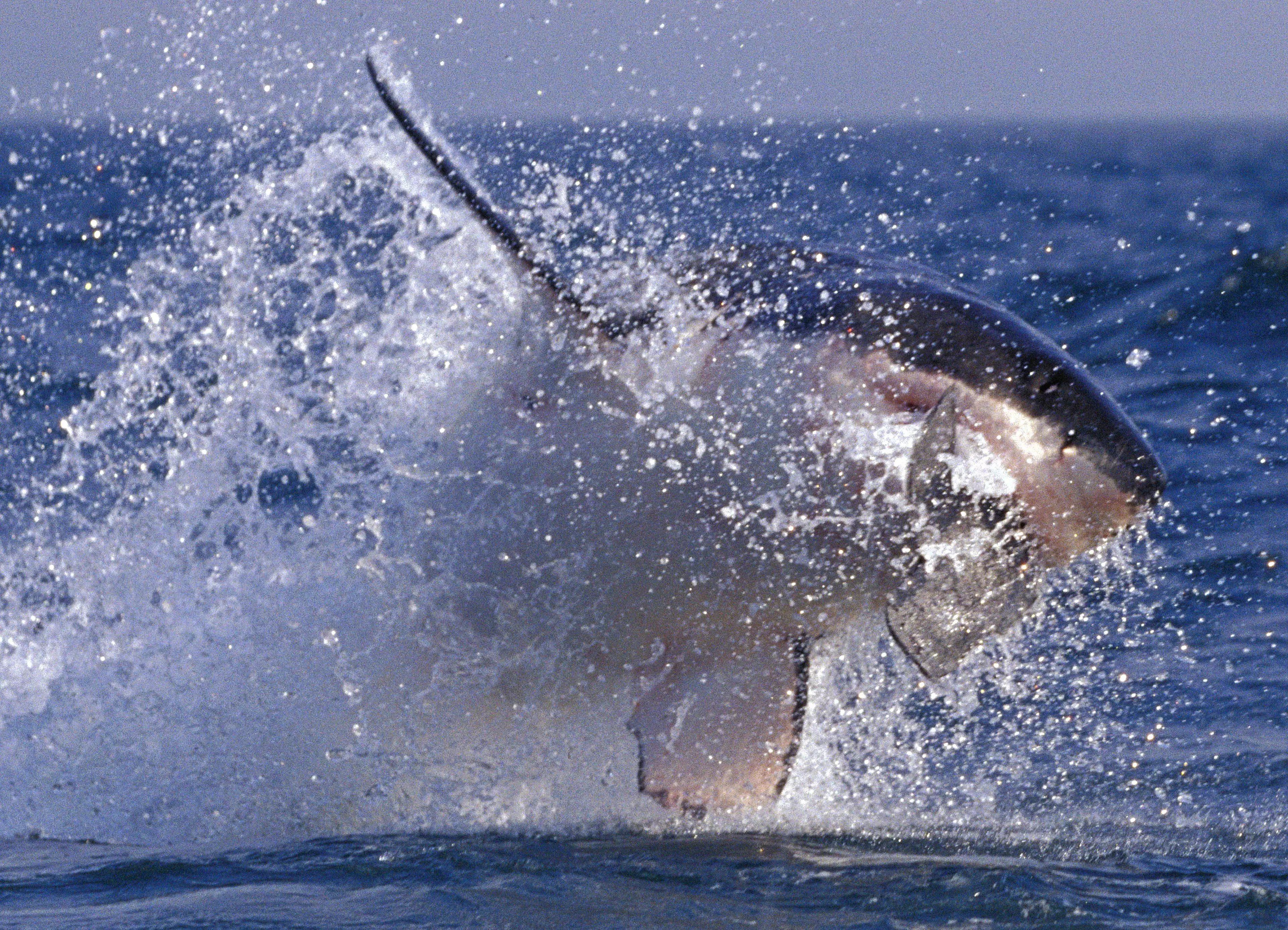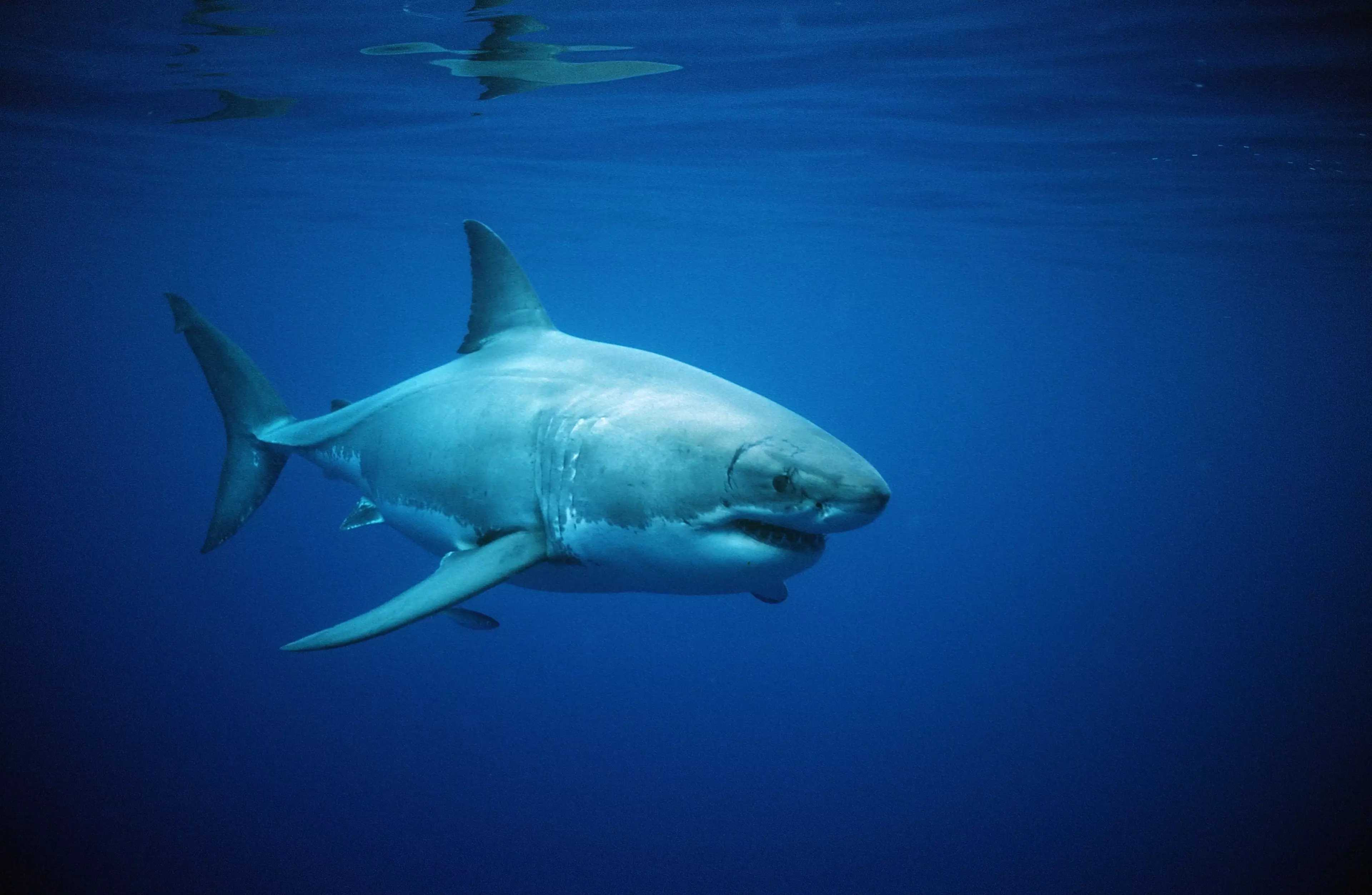
Shark attacks aren't all that common in Australia, but that doesn't stop people across the country being terrified of getting chomped.
In fact, the likelihood of getting that chomp is roughly 50 to 60 million to one.
When that tragic occurrence does happen though, some Aussies are quick to blame the predator for ruining someone's life.
Advert
It's this sentiment that has led to calls for shark attacks to be rebranded as 'negative encounters'.
It's hoped this new vision for the apex predators will 'dispel inherent assumptions that sharks are ravenous, mindless man-eating monsters'.

An official from the New South Wales Department of Primary Industries said in a statement: "NSW DPI is respectful that each incident is best described by the individual involved. DPI generally refers to 'incidents' or 'interactions' in our formal shark reporting."
Advert
They're concerned that the words 'bite' and 'attack' are filled with negative associations that not only 'misrepresent' sharks but also cause people to avoid the water.
Nathan Hart, associate professor at Macquarie University, said: "Sharks don't have hands so, if they want to explore something, they mouth it. Very rarely are humans consumed by sharks."
According to the Sydney Morning Herald, experts believe it's misdirected to suggest sharks seek out humans considering the former has been around for 450 million years.

Advert
Christopher Pepin-Neff from the University of Sydney said the word 'attack' also doesn't really fit into the reality of a shark encounter because around a third of incidents don't result in any form of injury.
They also explain how specific words can go a long way as 'shark attack' has helped introduce state policies related to culling and bait drums.
As such, experts warn we have to be careful with differentiating between attacks and bites, which is why 'negative encounter' fits more appropriately.
It doesn't appear the rebranding seen in New South Wales will be echoed in other states.
Advert
Queensland's Department of Agriculture and Fisheries said it's up to people's 'personal preference on the language they use'.
While Victoria still classifies encounters with sharks as 'attacks'.
Featured Image Credit: PA